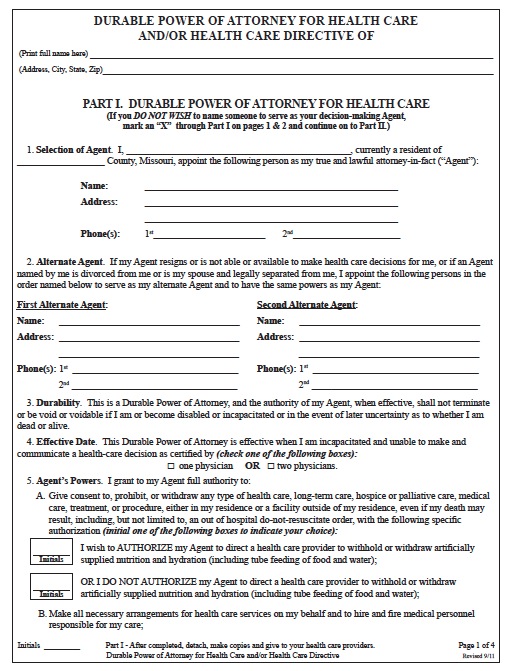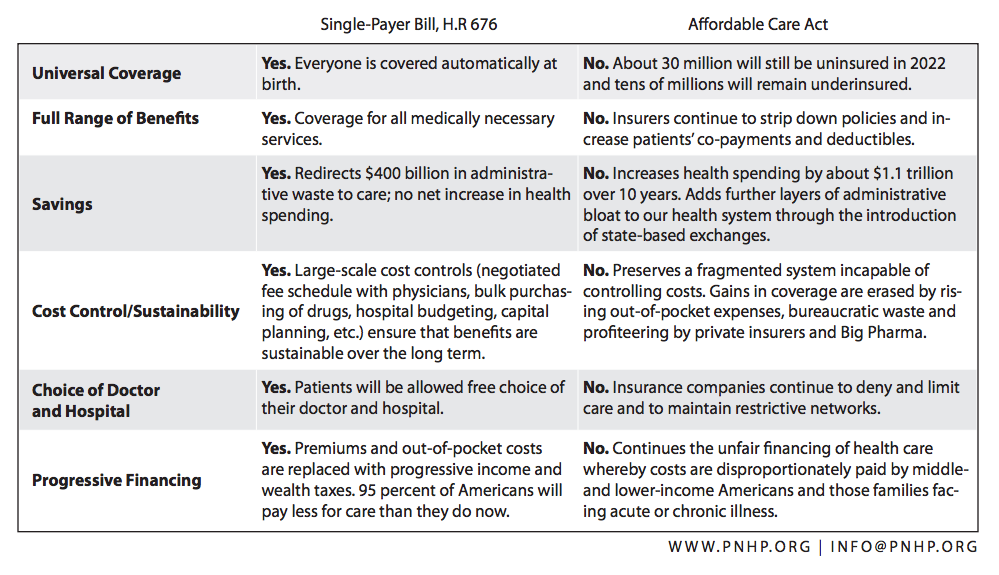As Republicans on Capitol Hill struggle to discover typical ground on a plan to rescind and change the Affordable Care Act, and as Democrats slam their plans as too costly for the neediest in society, one topic is missing from the argument-- why is health care so costly to start with? Treatment rates increased 4 percent in 2016 according to the Bureau of Labor Data, and premiums under Obamacare's second-lowest costing "silver" strategies rose 7.
Plus, the U.S. spends even more per capita on healthcare-- $9,892 in 2016-- than any other country. That's a pattern that doesn't reveal any sign of changing, according to the Organization for Economic Cooperation and Advancement (OECD). On the other hand, health care expenses were long prior to the the ended up being law, and are forecasted to continue to do so.
is a lot more costly than other countries-- and there's no factor why we require to be," said David Cutler, an economist at Harvard University who specializes in the healthcare market. So, what are some of the aspects adding to the high costs of health care-- factors that will seemingly continue to increase Americans' healthcare costs, no matter what version of health care legislation passes? Administrative expenses add to 25.
Cutler says that's partly because the U.S. has so lots of payers-- from a variety of private health insurance companies to government programs like Medicare and-- that hospitals and doctors have to work out with in the regular course of service. Duke University Health center, for circumstances, has roughly 900 beds and 1,500 billing clerks, Cutler kept in mind." That's the number of they require to get the expenses paid," Cutler said.
What Does What Is Trump Doing About Health Care Mean?
In some ways, health care costs continue to skyrocket for the same reason individuals spend lots of cash on electronics, stated Robert Graboyes, a senior research study fellow and healthcare scholar at George Mason University's free markets-focused Mercatus Center." Since we really like the things, and it's getting better and much better," Graboyes stated.
However, that quality and speed comes at an expense, Graboyes stated. In many cases, medical professionals point out that newer or more pricey treatments for patients. It's usually in the U.S. than in most other countries. So, medical professionals often employ what's referred to as defensive medicine-- the practice of purchasing as numerous tests and exploring as lots of options as possible so a patient would have a more challenging time to sue a doctor for missing out on some possible solution.
More than 30 states have certificate of need laws-- laws that require health care service providers or potential suppliers to very first acquire approval from the federal government and often their competition like close-by healthcare facilities to establish or broaden a center. The laws are meant to lower health care costs, but Graboyes and other researchers at the Mercatus Center argue the laws do simply the opposite by limiting the supply of treatment and restricting competitors, thus permitting existing providers to make more.
In the majority of states, can not practice medication without a doctor's guidance, although an increasing number of states are adopting laws to permit nurse specialists-- who require less education and can charge patients less-- to practice by themselves. In many markets, the customer knows what the price will be in advance.
Rumored Buzz on A Health Care Professional Is Caring For A Patient Who Is About To Begin Iron Dextran

In the meantime, the client's insurance company negotiates the rate of treatments with the service provider until the celebrations reach an arrangement. In some methods, health care is similar to, another sector with rising expenses quickly exceeding inflation rates, Graboyes stated. When something is partly funded by a 3rd party like the federal government through grants in the case of college or private insurance coverage companies or the federal government when it comes to healthcare, Graboyes explained, the service provider has little incentive to reduce costs." Both (are) heavily subsidized," Graboyes stated.
And what you have actually got in both cases is immensely increasing expenses in both markets." Perhaps the biggest chauffeur in high medical expenses, Graboyes thinks, is a Medicare repayment framework that doesn't incentivize suppliers to decrease expenses to remain competitive, and personal insurers are highly not likely to reimburse at rates lower than Medicare.
and abroad are experimenting with a more direct technique to patients spending for main care, in which patients pay a regular monthly charge to the office as they would pay a premium, then pay directly for sees and treatments. a health care professional is caring for a patient who is about to begin iron dextran. However for now, the U.S. has a "deeply illogical system of prices Look at this website that drives things towards the more expensive," Graboyes stated.
Cutler thinks it would be much simpler to begin reducing health care costs when everyone or a minimum of the vast majority of the population is guaranteed." When nations cover everyone, they then turn to conserving cash," Cutler said. The underlying reasons why healthcare costs continue to soar aren't that complicated, Cutler stated.
How Much Does It Cost For Home Health Care? for Dummies

" The point that I'm trying to make is precisely that, is if (the Senate bill) fails, we ought to concentrate on things with mutual agreement," Cutler said.
Recently, President Trump revealed that the Affordable Care Act ought to be rescinded and replaced with an alternative to be developed by GOP leaders. This statement was the most recent move in the battle for much better healthcare, what has been a lightning-rod concern in Washington for many years. Politics aside, data plainly shows that Americans have disproportionately high health care expenses compared to the rest of the world.
And in 2017, Americans invested close to . 5 trillion on healthcare alone. Now, citizens are searching for reforms. A CNN exit poll taken during the 2018 midterm elections revealed that 4 in ten voters believe health care is the essential concern dealing with the country today. Here are 5 realities on the cost of healthcare in the U.S.
residents paying more for services, they also pay more for administrative expenses associated with the intricacy of the nation's health care system. Medical professionals in the U.S. likewise utilize more technology in their practices, consisting of PET, CT, and MRI tests; the U.S. has 35 MRI makers for every million people while France only has 8.
Fascination About Why Single Payer Health Care Is Bad
service providers make more money by carrying out more tests - how is canadian health care funded. This system naturally encourages medical professionals to deal with more instead of being more conservative in their method. Typical family premiums have increased 55 percent in the past decade; this is outpacing workers' incomes, which have increased 26 percent, and inflation, which has actually increased 17 percent, over the same duration.
This marked the seventh year in a row that the expense of household premiums has actually increased. A 2018 Vox report revealed that Humira, an injectable substance abuse to deal with autoimmune illness including trentonwpta802.bearsfanteamshop.com/which-of-the-following-are-characteristics-of-the-medical-care-determinants-of-health-things-to-know-before-you-buy rheumatoid arthritis and Crohn's illness, cost 3 times as much in Drug Rehab Center the U.S. than in Switzerland. The publication also reported that Harvoni, a medication to deal with Hepatitis C, cost $10,000 more in the U.S.
Insulin, the lifesaving medication for diabetics, costs $350 in the U.S. but just $50 in Canada. In the U.S., a regular MRI costs twice as much as it carries out in Switzerland, and an appendix removal in the U.S. costs $12,000 more than it performs in Australia. Offering birth is likewise cheaper abroad; in the U.S., the average cost is near $11,000, while in Germany it's simply over $2,500.